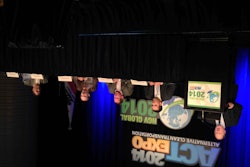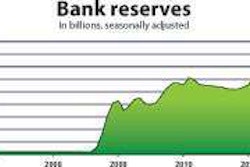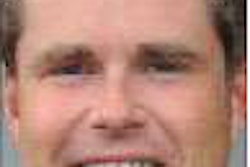Timing is everything

The Internet was mostly a novelty when Ron Konezny, a telecommunications consultant, teamed up with some private investors to incorporate PeopleNet in 1994. To finance this new venture, the company offered stock to friends and family.
During the next two years, the company developed a cellular-based communications and fleet management system called Intouch. PeopleNet was not the first to deploy a fleet tracking and communications system using cellular networks, but it quickly became the first major company to use the Internet to deliver data through a Web-based interface.
In late 1998, PeopleNet offered a private placement of stock to an investment banker. In 2000, the company offered up a third round or “Series C” of preferred stock to fund its growth. Norwest Equity Partners bought $25 million of this stock to control more than 50 percent of the company.
NEP planned to retain this investment for a five- to seven-year horizon. With the economy humming in 2007, the firm chose to up its commitment and bought 100 percent of PeopleNet’s outstanding shares. At that point, it was all but certain that NEP would sell PeopleNet within a three- to five-year horizon.
Fast forward to 2011. NEP and PeopleNet management had built an early-stage startup into a profitable high-growth business with more than 125,000 units deployed. PeopleNet had grown by 38 percent year-over-year and had signed 224 new customers.
PeopleNet joins a publicly traded $1.5 billion company.
During the first quarter of 2011, PeopleNet’s management team and NEP evaluated their options. Several private equity firms were interested in PeopleNet, but taking this route would put a substantial amount of debt on the company’s books and compress the margin for error. Management established the criteria for whatever would happen next; continuity was at the top of the list.
“We have personal relationships with our customers, and we have a tremendous obligation to their success,” Konezny says. Most fleet owners want their investments in an in-cab computing platform to last between seven and 10 years. PeopleNet wanted its support levels and investment in new technology to continue at the same pace. “Once you have a static product, people start looking around,” he says.
One company that met PeopleNet’s criteria was Trimble, a Sunnyvale, Calif.-based publicly held company with more than $1.5 billion in estimated 2011 revenue. In late April, a CEO dinner meeting was held in Silicon Valley between Konezny and Steve Bergland of Trimble.
Konezny led the meeting with a question: “How do you feel about your Mobile Solutions group?” Konezny knew that in late 2006, Trimble had acquired a company called @Road to create that business unit, which was underperforming mainly because it lacked a “vertical” market focus such as field service or transportation.
What Konezny didn’t know was that Trimble recently had decided not to pursue an organic entry into the transportation and logistics sector. The timing couldn’t have been better to discuss an acquisition. Trimble had used acquisitions to create a presence in the construction and agriculture markets, especially among cement mixers and short-haul operations. On Aug. 5, Trimble also became a major player in the transportation and logistics arena as the sole owner and indefinite holder of PeopleNet.
PeopleNet now anchors Trimble’s Global Transportation & Logistics business unit. Konezny will lead this unit, which has a presence in Europe and India; he also plans to expand PeopleNet into Mexico. The acquisition provides continuity insurance to PeopleNet’s customers and employees, while Trimble’s acquisition of a debt-free company provides accretive financial results.
Aaron Huff is Senior Editor of Commercial Carrier Journal.
E-mail [email protected] or call (801) 754-4296.











